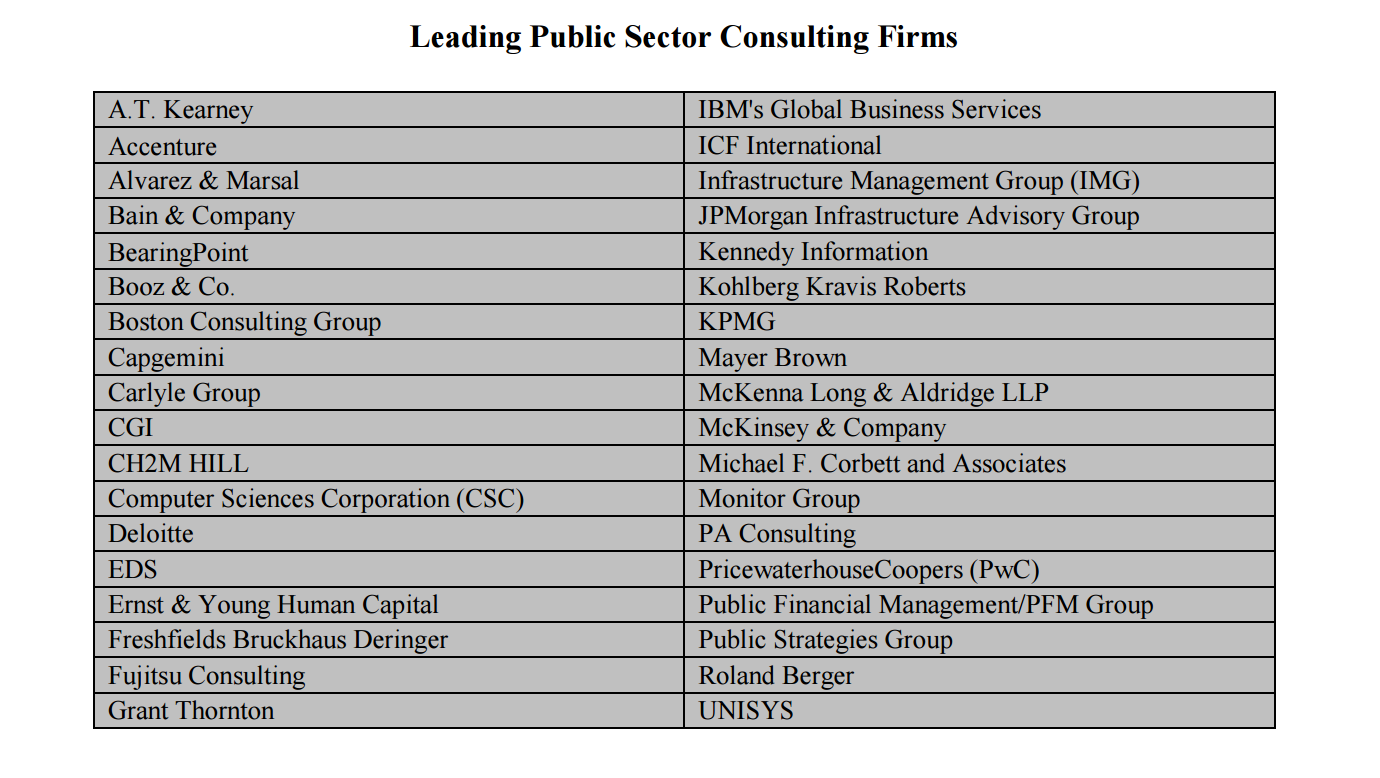
You've found the right place if you are looking for ways to switch financial advisors. Whether you want to switch firms or not, there are some things to keep in mind. First, always be on your financial advisor's good side. You may need his help in the future. Second, get his transaction histories. This will enable your new financial adviser to be up to date.
Transferring assets that are not transferable
There are some options available for clients to transfer non-transferable asset when they change financial advisors. This can reduce tax consequences. Non-transferable investments are not subject to transferable securities. This allows your advisor to make the decision about what to sell and when. This gives you the ability to spread your gains and losses over time.
Before you move forward with the process to switch financial advisors you should review all contracts with your former advisors. To ensure you don't have any restrictions on your assets being transferred to your new advisor, make sure you carefully review your contract. You may be required to give notice, or pay termination fees.

Avoiding unpleasant surprises
If you're considering changing financial advisors, you want to make sure you choose the right one for your situation. You're a responsible investor, and you need to ensure your advisor will help you achieve your financial goals. It's not easy to make the right choice, but there are a few tips you can use to avoid unpleasant surprises. The first step is to find out how much your advisor values their work and how you can hold them to a high standard.
Check the contract before changing financial advisors. Make sure you ask about any fees. Ask about any fees or the minimum holding period for assets that are not transferable. Ask about the fees involved, including redemption fees. Also, ask if your previous advisor charges a fee to transfer assets. While it might be uncomfortable to change advisors, it is better than working alongside an advisor who doesn't fit your needs for an indefinite time.
Costs of switching financial advisors
While switching financial advisors can save you a lot of money, it also has a cost: the time and effort spent transitioning client accounts and developing new client relationships. This cost can be hard to quantify but it usually amounts to 5 percent of your annual productivity. For example, if you manage a million-dollar firm, you will incur about $50,000 in opportunity costs.
It can be complicated to move your financial account. You will need to find a new adviser, and you will also need discuss your preferences and needs. It is best to have your advisor know enough about you so they can make the appropriate recommendations. Identify your biggest financial goals and communicate these clearly. Once you have selected your new financial adviser, calculate the costs associated with transferring your account(s). Ask your current financial advisor about the fees for transferring your account. Make sure to review your agreements. You may be able to sign agreements electronically with your advisor.

Finding a "forever” match
When changing financial advisors, there are several steps to take to make the transition as smooth as possible. Many financial advisors build long-lasting relationships with clients. Maybe they helped you get started in personal finance, set you up retirement accounts, or signed your up for life insurance. These relationships can make a huge difference in your financial health.
With your new advisor, you should review all of your financial records. It is important to review your existing financial records with your advisor. As some advisors may not be legally allowed to hold certain types or assets, it is also important that they have a license. Make sure that you give your financial advisor a copy every transaction.
FAQ
Is consulting a real job?
Consulting isn't just a career option for those who want to earn quick money. It's also a great place to gain valuable skills and build a foundation you can use in your future work.
There are many opportunities for consulting, including project management, strategy, training and leadership. It is possible to work on projects that range from small start ups to large, international corporations.
Consulting allows you to learn and improve your skills while also gaining experience in many industries. This could mean learning to manage teams, negotiate contracts, write proposals, manage budgets, analyze data, create presentations, conduct market research, and much more!
Can anyone be a Consultant?
A consultant is someone who assists you in achieving your goals by offering advice and suggestions on how to achieve it faster, cheaper, and so forth.
Consulting can be a great way to solve problems, make informed decisions, and work with others.
Consultants are often hired to help with specific tasks and projects.
Consultants are usually paid hourly, daily or per project.
Can you run a business consulting from your home?
Absolutely! Indeed, many consultants already do this.
The majority of freelancers work remotely with tools like Skype. To avoid being left out of company perks, they often set up their own office space.
Some freelancers prefer to work at libraries and cafes instead of traditional offices.
Others prefer to work from home as they feel more at home with their families.
While working remotely has its advantages, it also comes with some disadvantages. It is worth it if you love your work.
How much does it cost to hire a consultant?
It is not easy to determine how much it will cost to hire a consultant. These include:
-
Project size
-
Time frame
-
Scope of employment
-
Fees
-
Deliverables
-
Other factors to consider include location, experience, and other considerations.
What are the different types of jobs available for consultants?
You will need to be able to understand business strategy and operations if you want to work as a consultant. You must also understand how businesses operate and how they fit into society.
To be successful as a consultant, you must have strong communication skills and an ability to think critically.
Because they might be required to complete different tasks at different times, consultants must be flexible. They must be flexible and able to change directions quickly if needed.
They must be willing to travel for their clients. This type work can take them anywhere in the world.
They also need to be capable of handling stress and pressure. Sometimes consultants are required to meet tight deadlines.
Consultants may work long hours. This could mean that overtime may not always be paid.
How much should a consultant charge?
It depends on what service you provide. If you are offering services for free, it is not worth charging anything. If you sell products or services, however, you must set prices based upon value.
If you are providing low-quality services, then you don't have anything to sell. So why would anyone pay any money for your services.
If you're providing high-quality services you might ask for a greater price. Because people are aware of the value you provide, they will be more willing to pay you a higher rate. It is possible to offer discounts to clients who order multiple packages.
What skills are necessary for consulting?
An effective consultant must have strong interpersonal skills as well as analytical skills. This is crucial because you might not be able to understand what you are doing when you work on complex projects. This is a must because you need to learn how quickly you can manage people.
You also need to have excellent communication skills. Most clients expect an answer within 24 hours. If they don't hear anything, it is likely that they aren't interested in you. It is important to keep them updated and make sure they fully understand the situation.
Statistics
- So, if you help your clients increase their sales by 33%, then use a word like “revolution” instead of “increase.” (consultingsuccess.com)
- Over 50% of consultants get their first consulting client through a referral from their network. (consultingsuccess.com)
- According to IBISWorld, revenues in the consulting industry will exceed $261 billion in 2020. (nerdwallet.com)
- "From there, I told them my rates were going up 25%, this is the new hourly rate, and every single one of them said 'done, fine.' (nerdwallet.com)
- According to statistics from the ONS, the UK has around 300,000 consultants, of which around 63,000 professionals work as management consultants. (consultancy.uk)
External Links
How To
How do I find a good consultant?
Understanding your needs is the first step to finding the right consultant. Do you want them help improve your website's efficiency? Are you looking for them to help optimize your website to rank higher on search engines? Or perhaps you just want someone who can tell if there are any issues with your current hosting provider. You should know the type of services that you require before you start looking at other companies. Many consultants claim that they can offer these services. But only a small percentage of them are able to deliver. How do you choose the right consultant? Here are some things that you need to keep in mind when selecting a consultant.
-
Ask for referrals. Referring to other consultants is the best way of choosing a consultant. Hire someone you don't know because they're likely to charge too much. You also don't want someone with a poor reputation to work for you. If you have the good fortune to get referrals from trusted people, great! You can check online reviews even if they don't refer you. Find testimonials and case study examples from customers who have used your product.
-
Ask around. Many people are not aware of the benefits of hiring a consultant. They think that since they're currently doing fine, they don't need to make changes. This is often incorrect. Even if your results are great, there's a good chance that you haven’t kept up with the latest trends and technologies. Your business could be missing out if it relies on outdated methods. It is always worthwhile to ask around for recommendations of good consultants.
-
Make sure to verify their qualifications. You don't need to worry about whether they are building a website or an eCommerce store worth millions. Check that they are qualified to complete the tasks and have enough expertise in the chosen area.
-
Find out the type of projects they specialize. This is false. Some areas require specific education or training. You wouldn't hire someone who can build a WordPress theme if they aren't experts in Drupal. It is the same for programming languages, graphic design, and so on. Be sure to ask what kinds of projects they typically work on.
-
Find out what their charges are. As we stated, you don’t want to pay too little for a consultant. You don't necessarily want to pay too low, but you shouldn't either. Consultants come in all shapes and sizes. Some bill hourly, while others are charged per project. This will help you save money in the long-term.
-
What do they offer? Are they willing to provide free consultations? Will they give you advice on how to set up your own system? Is there a guarantee that your site will rank higher after working with them? If you don't like what you hear during your consultation, you should feel confident knowing you can cancel without penalty.
-
Find out if the company offers discounts for several months or years. Many consultants offer discounted pricing for extended periods of time. You may not need to commit to a full year, but you may also take advantage of whatever deals they offer.